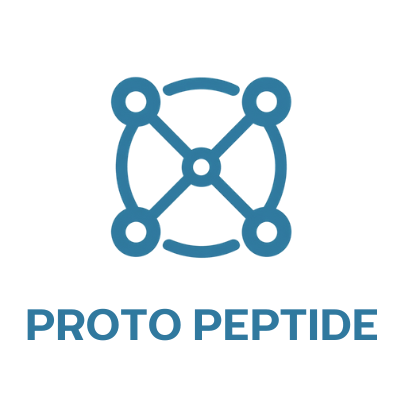Lab Essentials: Must-Have Supplies for Handling Peptides
Precision and care are the foundation of successful peptide research. Whether you're working with synthetic compounds or investigating new blends, your results depend on proper handling, storage, and reconstitution. To maintain peptide integrity and ensure consistent outcomes, researchers must be equipped with the right lab tools.
1. Insulin Syringes
When handling small volumes, precision is critical. Ultra-fine insulin syringes allow for accurate transfers during the reconstitution process and minimize waste. Their compact design makes them ideal for peptide applications requiring minimal fluid volumes.
2. Bacteriostatic Water
Bacteriostatic water is commonly used as a solvent for reconstitution in laboratory settings. It contains a small amount of benzyl alcohol (typically 0.9%) to inhibit bacterial growth, making it suitable for multi-use under sterile conditions. It is not interchangeable with sterile water for injection, and its role in research settings is well-defined.
3. Sterile Vials
Once peptides are reconstituted, they must be stored in sterile containers to prevent contamination. Glass vials with rubber stoppers are commonly used and should be clearly labeled with compound name, concentration, and reconstitution date.
4. Refrigeration and Cold Storage
To maintain peptide stability, a dedicated laboratory refrigerator is essential. Lyophilized peptides should generally be stored at -20°C or lower, while reconstituted peptides may be stored at 2–8°C for short periods depending on the compound’s properties. Avoid repeated freeze-thaw cycles.
5. Gloves, Alcohol Wipes, and Clean Workspace
Maintaining sterility reduces the risk of contamination and experimental variability. Always work with gloves, use 70% isopropyl alcohol to sanitize surfaces and vials, and prepare peptides in a designated clean area or biosafety cabinet when possible.
6. Micro Pipettes or Precision Droppers
For accurate measurements beyond what syringes allow, micro pipettes are invaluable. They are especially helpful when reconstituting peptides with precise volume ratios or dividing aliquots for storage and dosing consistency.
7. Labels and Documentation Tools
Properly labeling your vials and maintaining a lab journal or digital log helps ensure reproducibility. Note product origin, batch number, lot ID, and reconstitution protocols for future reference and compliance.
Conclusion
Using high-quality lab essentials is not just about organization—it’s about preserving compound stability, reducing experimental error, and conducting responsible science. Whether you're managing peptide blends or conducting individual compound analysis, the right tools support the reliability and reproducibility of your research.
Disclaimer
This content is for informational and research-related purposes only. The peptides mentioned in this article are intended strictly for use in controlled laboratory settings by qualified professionals. It is not approved for human or veterinary use. Always follow your institution’s guidelines and consult safety data sheets (SDS) before handling any research chemical.
